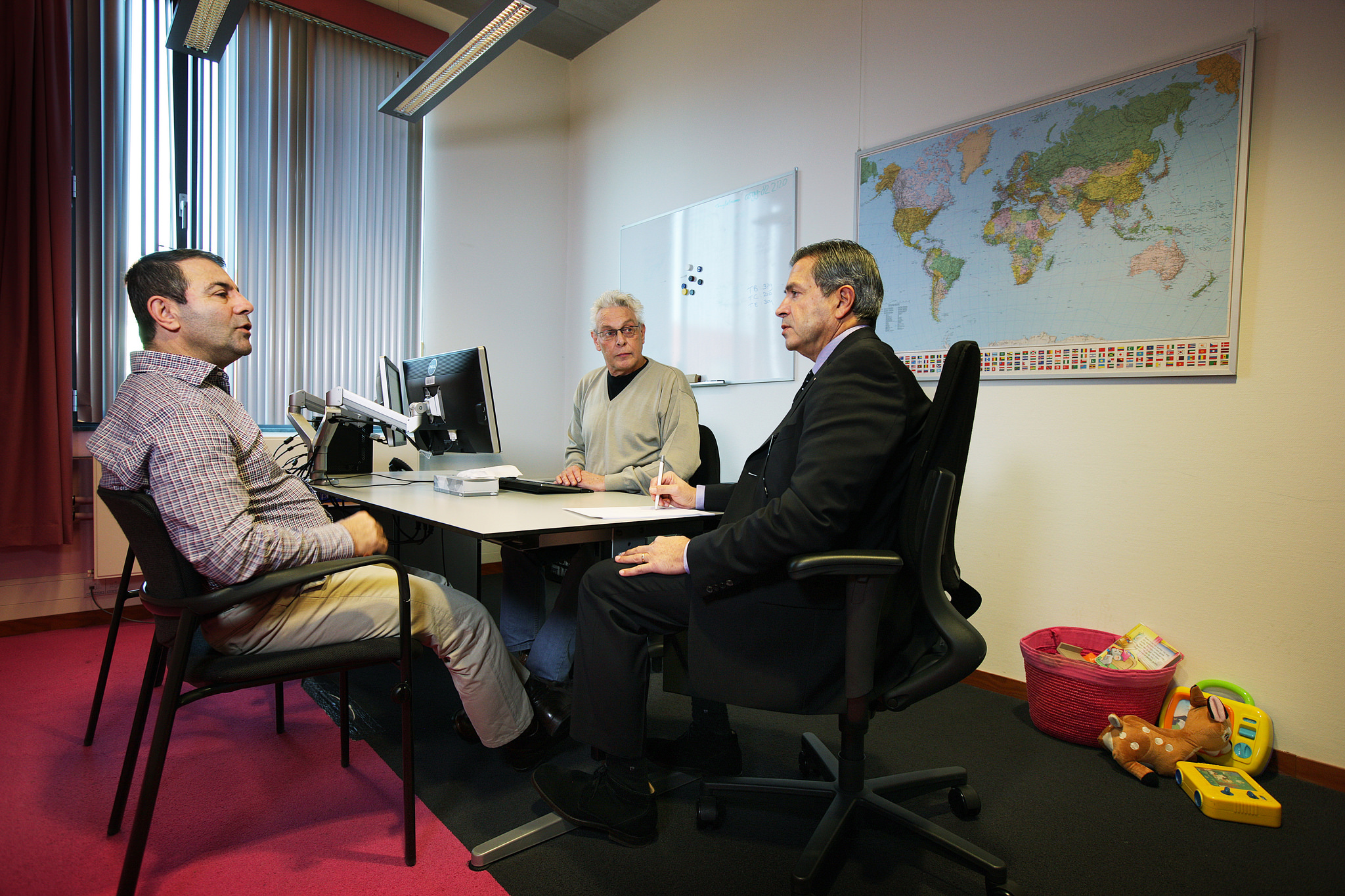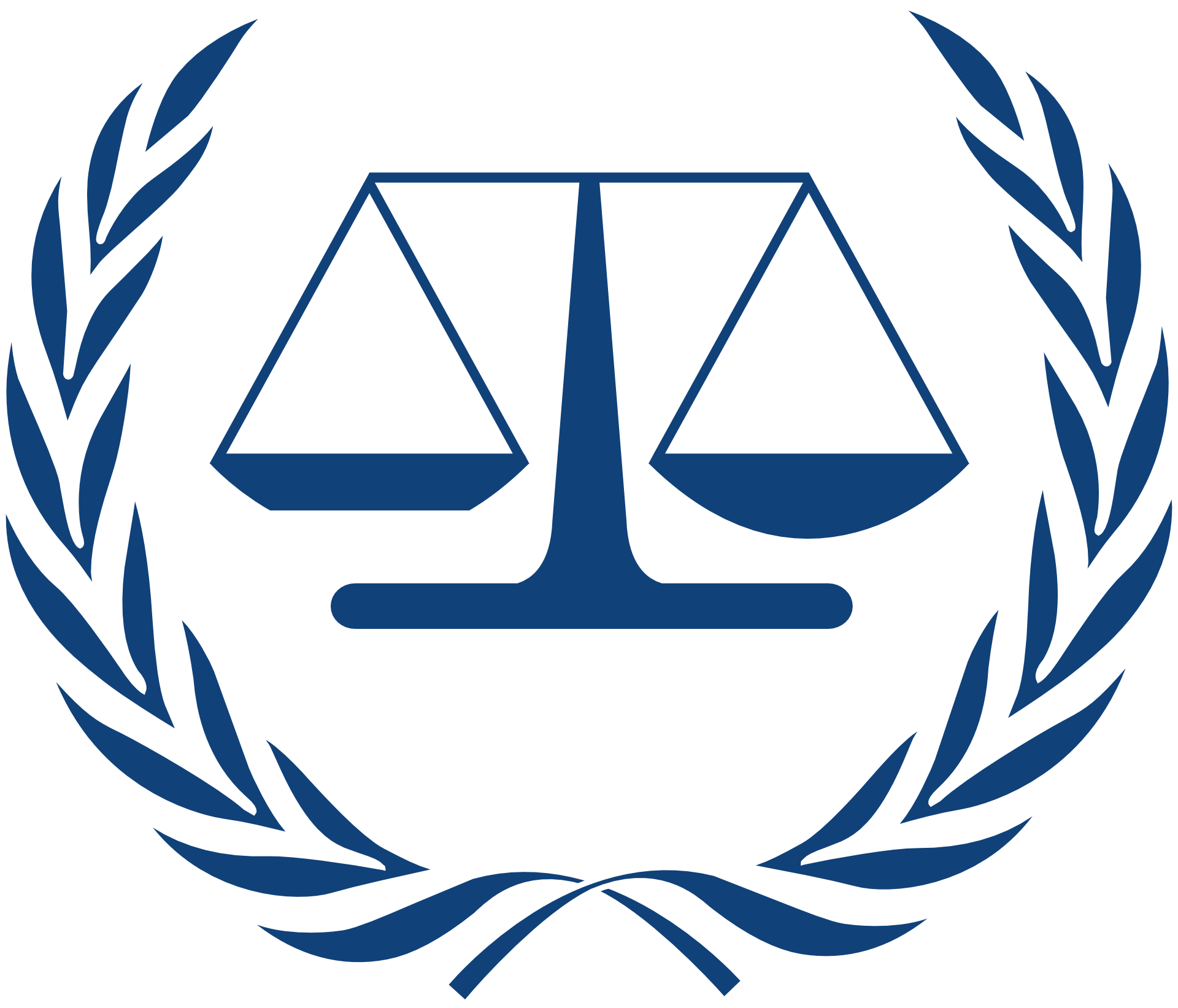Latest blog articles
-
Current US and EU secondary liability standards do not address all factors to trigger liability. This influences legislation and case law, setting an uncertain secondary liability outcome of IP infringement cases against Internet Intermediaries’. I suggest that tort law can tackle this problem.
-
Unlike other sectors, improvements in Genetic technology raise issues of morality. The new human gene editing technology CRISPR/CAS9 has raised many such concerns. Can the current patent system deal with these concerns or should morality be dealt with by the inventors themselves?
-
The need to guarantee the free flow of information in a Big Data economy forces us to re-think Intellectual Property Rights and find an appropriate balance between competition, innovation, privacy and incentives.
-
With or without the UK, the EU will try to find a way to implement the UPC as it has invested considerable time and efforts knowing the benefits it will bring; however, the fate of the Agreement could be decided on judicial grounds instead of political ones.
-
SMECC stands for School, Minimum standard, Education, Child-friendly policy and care-Continuum. Imagine SMECC as a flat drawing of a house. The regulatory backstop is the minimum standard in family litigation for competent parenthood – far on the horizon, however, a necessary fundament of human...
-
The statutory pension of civil cervants in Belgium is on de verge of a reform. The legislative proposal ‘mixed pension’ will soon be introduced by law, after being the centre of intense debate for nearly a year. What exactly does ‘mixed pension’ mean?
-
Asylum seekers usually do not cross borders with a bag of documents. They have lost their personal belongings or have been confiscated by smugglers. Oral statements are therefore the only proof of origin. (Dutch only)
-
Thoughts on the outcome of the negotiation session performed by students where they combined an academic EU perspective on private law rules for the EU internal market, with a political perspective of a Member State.
-
Course on European Contract Law - how has it been in the past 5 years?
-
The Maastricht Project on European Contract Law shows the importance of innovation in legal education and what students can do when we give them the possibility to take matters into their own hands.









